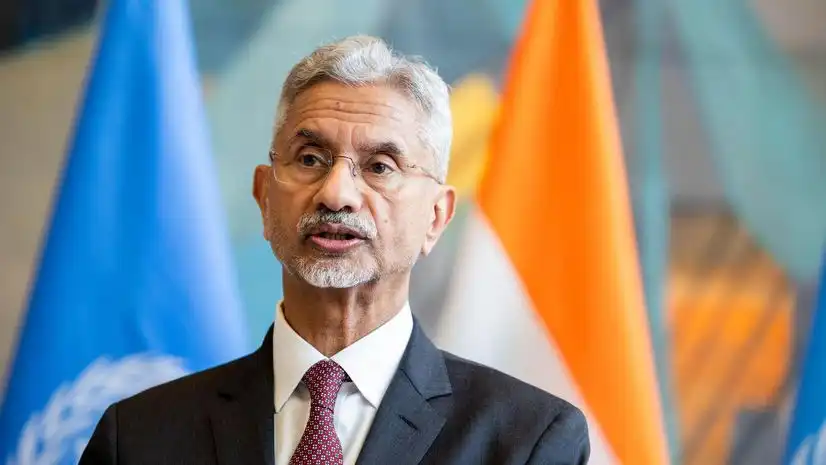Now Reading: Pak Army Chief’s Remark on Kashmir Sparks Outrage in India, Reopens Old Wounds
-
01
Pak Army Chief’s Remark on Kashmir Sparks Outrage in India, Reopens Old Wounds
Pak Army Chief’s Remark on Kashmir Sparks Outrage in India, Reopens Old Wounds

A recent statement by Pakistan Army Chief General Asim Munir has stirred a diplomatic storm after he described terrorism in Jammu and Kashmir as a “legitimate struggle.” The comment, made during a public address, has drawn sharp criticism from Indian officials and security experts, who see it as an attempt to justify cross-border terrorism under the guise of political rhetoric.
Controversial Statement Raises Eyebrows
General Munir’s remark came at a time when India has been maintaining relative stability in the Kashmir Valley. Referring to militant actions in the region as a form of “freedom struggle,” the statement appears to openly challenge India’s sovereignty over Jammu and Kashmir. It has also raised concerns about Pakistan’s continued support for non-state actors operating across the Line of Control.
India Responds Strongly
Indian defence experts and former diplomats have denounced the remark as highly provocative and misleading. They argue that framing terror activities as part of a political movement is not only irresponsible but also emboldens extremist elements in the region. For India, which has suffered numerous terror attacks linked to Pakistan-based groups, such comments only further strain already fragile bilateral relations.
International Implications
The timing of the statement is particularly significant, as global attention on South Asia’s security situation has increased in recent months. Experts believe Pakistan’s military establishment is once again trying to use the Kashmir issue to influence international opinion. However, India’s growing global partnerships and clearer narrative on counter-terrorism make it difficult for such statements to gain widespread support.
Impact on Tier 2 Cities and Border States
Cities and towns in Jammu, Samba, and Udhampur—classified as Tier 2 regions—have long borne the brunt of terror threats and infiltration attempts. Residents often live under the fear of sudden cross-border firing or militant attacks. Statements like these risk rekindling unrest in areas that are slowly recovering from decades of conflict.
Kashmir’s Ground Reality Today
Despite political differences, the ground situation in Kashmir has seen notable improvements in security and infrastructure. Tourist footfall has surged, local elections are being conducted, and youth engagement in education and entrepreneurship is on the rise. Many feel that rhetoric from across the border does not reflect the aspirations of the people actually living in the region.
Conclusion
General Munir’s statement has once again highlighted the deep divide between India and Pakistan’s views on Kashmir. While India sees the region as an integral part of its territory and is focusing on peace-building, Pakistan’s military continues to view it through the lens of conflict. As the debate reignites, what remains most important is the voice of the Kashmiri people—seeking peace, progress, and freedom from violence.

























